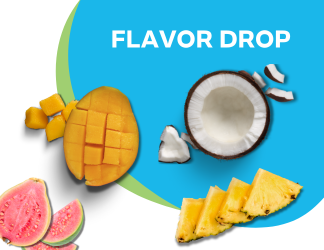
Organic food and beverage sales surpassed $45bn in 2015, which represents a 72% increase in less than a decade. US organic food and beverages currently make up 5% of all food and beverage sales in the US and this category is expected to grow approximately 3% annually through 2018.
In the US, organic certification means that products were grown, produced, inspected, and certified to be in compliance with the organic standards of the National Organic Program (NOP), a programme of the US Department of Agriculture (USDA). Many consumers have a basic understanding of what organic means, but it carries practical implications to product developers and brand owners, especially compared to other characterisations of healthful products. I’m not a regulatory expert, but I hope that these explanations of the basic tenets of organic certification from both the technical and business perspectives help clarify this new standard of natural product positioning.



